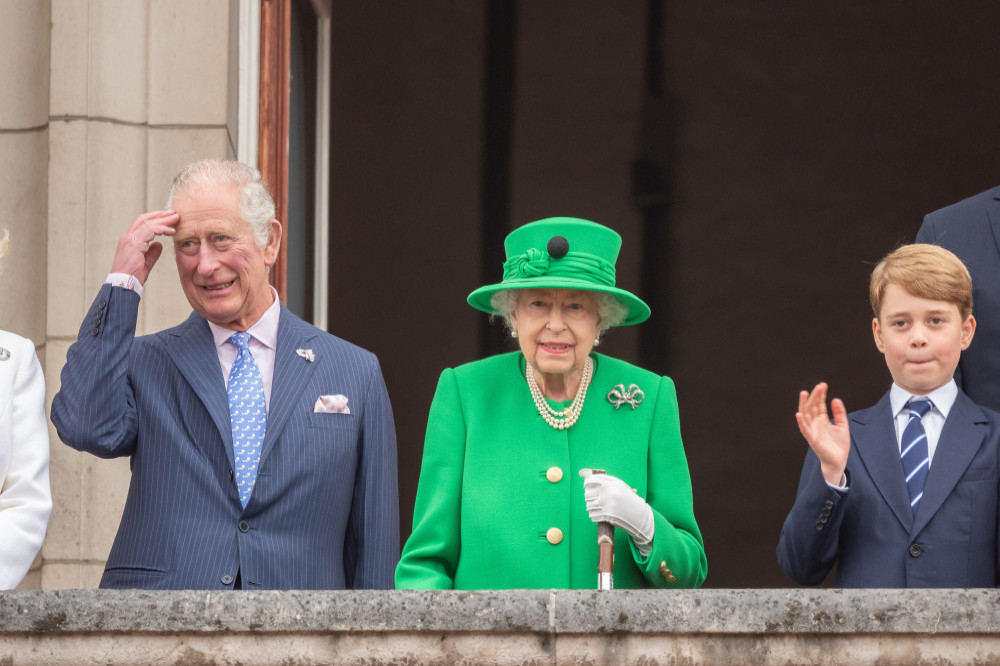Royal officials gave "serious and detailed thought" a regency in Queen Elizabeth's later years.

Plans were made for Prince Charles to step in as regent if Queen Elizabeth's health worsened
Aides at Buckingham Palace endured "years of anxiety" and had been working on the belief their may be a "long, slow decline of the Queen's health" and feared it was "almost inevitable" her son, the then-Prince Charles, would have to take on most of her duties, but the now-king was "extremely reluctant" to engage with staff about the possibility.
An extract from 'Charles III New King. New Court. The Inside Story' by Robert Hardman published by MailOnline read: "Serious and detailed thought had been given to the prospect of a regency, whereby Prince Charles might stand in for her if she was incapacitated...
"The working assumption was that there might be a long, slow decline in the Queen's health or a sudden public collapse during an engagement."
A senior former aide told the author: "With the Queen Mother going on past her 100th birthday, of course we had to think that the Queen would reach the same age. A regency seemed almost inevitable. That would have been very difficult.
"You would still have needed a near-full Queen's household and a near-full Prince's household and it would have been very hard for the regent. I always hoped it wouldn't happen while I was there but I didn't see how we could get out of it, to be honest."
Another aide told of how staff "dreaded" the queen - who passed away in September 2022 - falling ill in public, and so if she had any official engagements in her later years, they were deliberately "kept very tight and very short", with "limited" media in attendance.
According to the tome, various regency scenarios were planned.
The author stated: "From time to time, royal aides would draw up plans for a variety of regency options. These would range from 'regency-light' (with minimal princely involvement) and 'reversible regency', in the event of short-term incapacitation.
"Another question, at one point, was the course of action if the Duke of Edinburgh – who would have been on any regency committee prior to his death – had objected to a regency plan.
"The finest royal brains pored over all the possibilities.
"At one stage, an ex-private secretary to the Prince of Wales, Sir Stephen Lamport, was brought back from his job in the City to help with a new blueprint."
But Charles was reluctant to "dwell on the details" of the plans.
Robert wrote: "Aides would always find Prince Charles extremely reluctant to engage on the subject. 'You could turn up with all the papers and he would say, "Have you been through it all? Are you happy with this?" and that would be that,' says one. 'He didn't want to dwell on the details… I think he felt that if you reach out for something, you are tempting fate.' "
Another insider told the author the queen was aware she was nearing the end of her life.
Robert wrote: "The precise cause of the Queen's death, says a close friend of the family, will never be known because she had been suffering from multiple conditions in her final year.
" 'She had come to realise that the medical prognosis meant she was not going to emulate her mother and reach 100, so she had been determined to make the most of that [final] year,' says one friend. 'She made sure she had all the family up over the summer, so that the young ones in particular would always be left with happy memories of her.' "
Tagged in Prince Charles Queen Elizabeth King Charles

